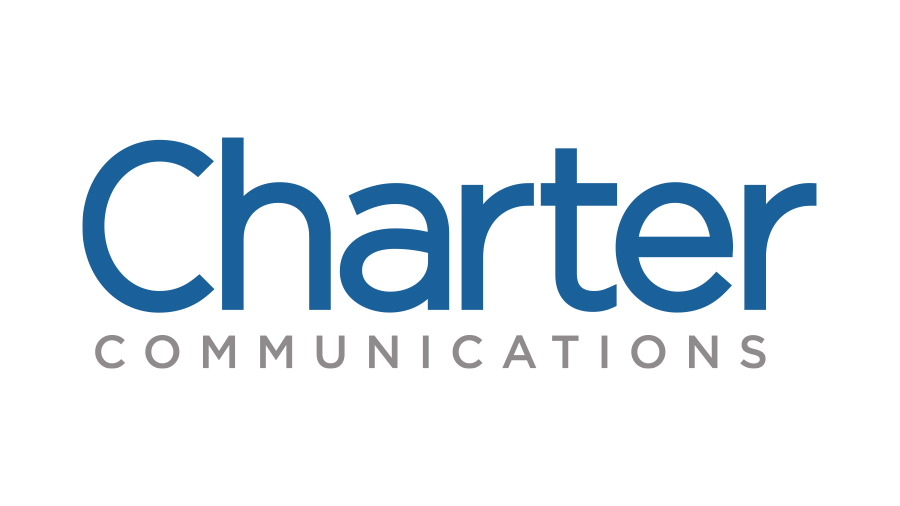Ad Hoc Coalition Seeks Added Time for Charter Petition Comments
Said 14 days is not enough
The smarter way to stay on top of the multichannel video marketplace. Sign up below.
You are now subscribed
Your newsletter sign-up was successful
An unlikely group of stakeholders has coalesced to tell the FCC that its additional 14 days for comment on Charter's petition to get get out from under two Time Warner Cable merger conditions doesn't cut it.

The comment window had been July 22 to Aug. 6, but the FCC's Wireline Competition Bureau said Monday (Aug. 18) it was extending the deadline until Sept. 2 "to ensure that the Bureau has a full record upon which to evaluate the effects of the conditions."
But in a letter to the FCC Wednesday (Aug. 19), Entertainment Studios Networks, Free Press, INCOMPAS, Newsmax Media, Inc., Open Technology Institute, Public Knowledge, and Sports Fans Coalition said that the FCC should extend that 14 days to 30. "Only by doing so can the Commission ensure that all interested parties have had a full and fair opportunity to address the issues so that the Commission has a sufficient record on which to render its decision. This approach is made more imperative given the procedural irregularities and other concerns that have already arisen in this proceeding," they said.
The procedural irregularities is a reference to the timing of the FCC's request for comment. (Newsmax Media has told the FCC its request for comment only two days after Charter sought an early termination of some Time Warner Cable merger deal conditions jumped the gun and created the appearance of favoritism toward the company.)
"The Commenters appreciate the fact that the Bureau took a step toward ameliorating its prejudicial action in prematurely putting the Charter Petition out for comment before the date specified by the Commission," they continued. "However, a fourteen-day comment period is not consistent with the full comment cycle anticipated in the Commission’s order, and is patently insufficient under the current circumstances. As the Bureau recognizes, the D.C. Circuit recently issued an order on review of several challenges to the conditions imposed on Charter that may bear directly on this proceeding."
The U.S. Court of Appeals for the D.C. Circuit last week threw out two of the Charter-Time Warner Cable broadband-related conditions, the one "prohibiting Charter from charging programming suppliers for access to its broadband subs" and the one "requiring New Charter to provide steeply discounted broadband service to needy subscribers," with the court saying it essentially had no choice after the FCC failed to defend them.
Charter is looking to get out from under the "no charging for interconnection" and "no usage-based pricing" conditions.
The smarter way to stay on top of the multichannel video marketplace. Sign up below.
The FCC, in imposing all the conditions, said they were to ensure Charter could not “hamper or prevent its current and future online video rivals from expanding, becoming more competitive, or starting up in the first place.”
Charter has suggested those rivals hardly need protection from the company given that its rival internet service providers have not had similar conditions and the over-the-top marketplace has flourished.
Contributing editor John Eggerton has been an editor and/or writer on media regulation, legislation and policy for over four decades, including covering the FCC, FTC, Congress, the major media trade associations, and the federal courts. In addition to Multichannel News and Broadcasting + Cable, his work has appeared in Radio World, TV Technology, TV Fax, This Week in Consumer Electronics, Variety and the Encyclopedia Britannica.

